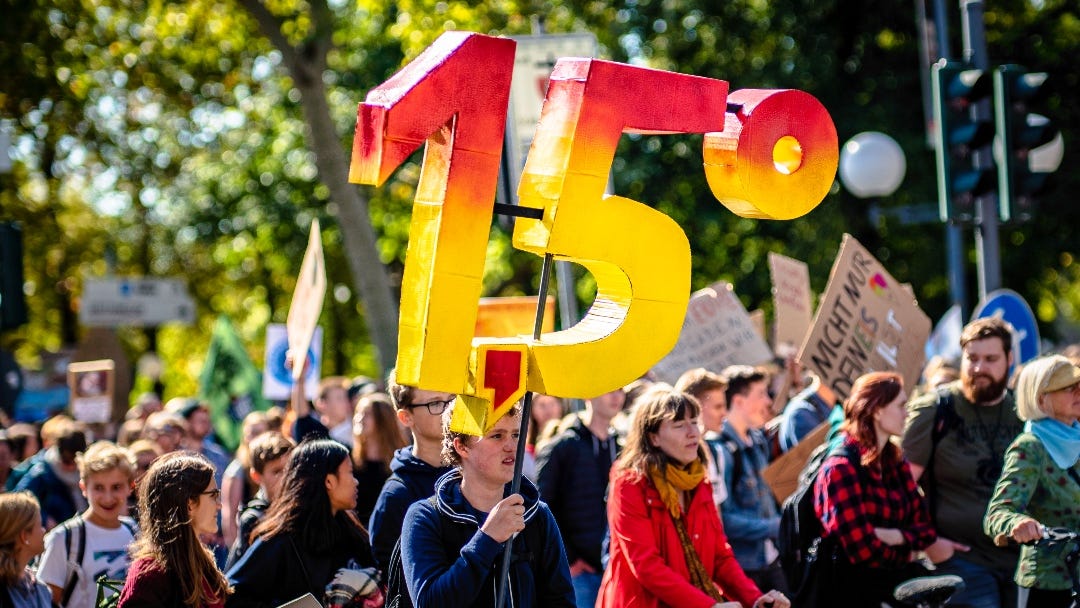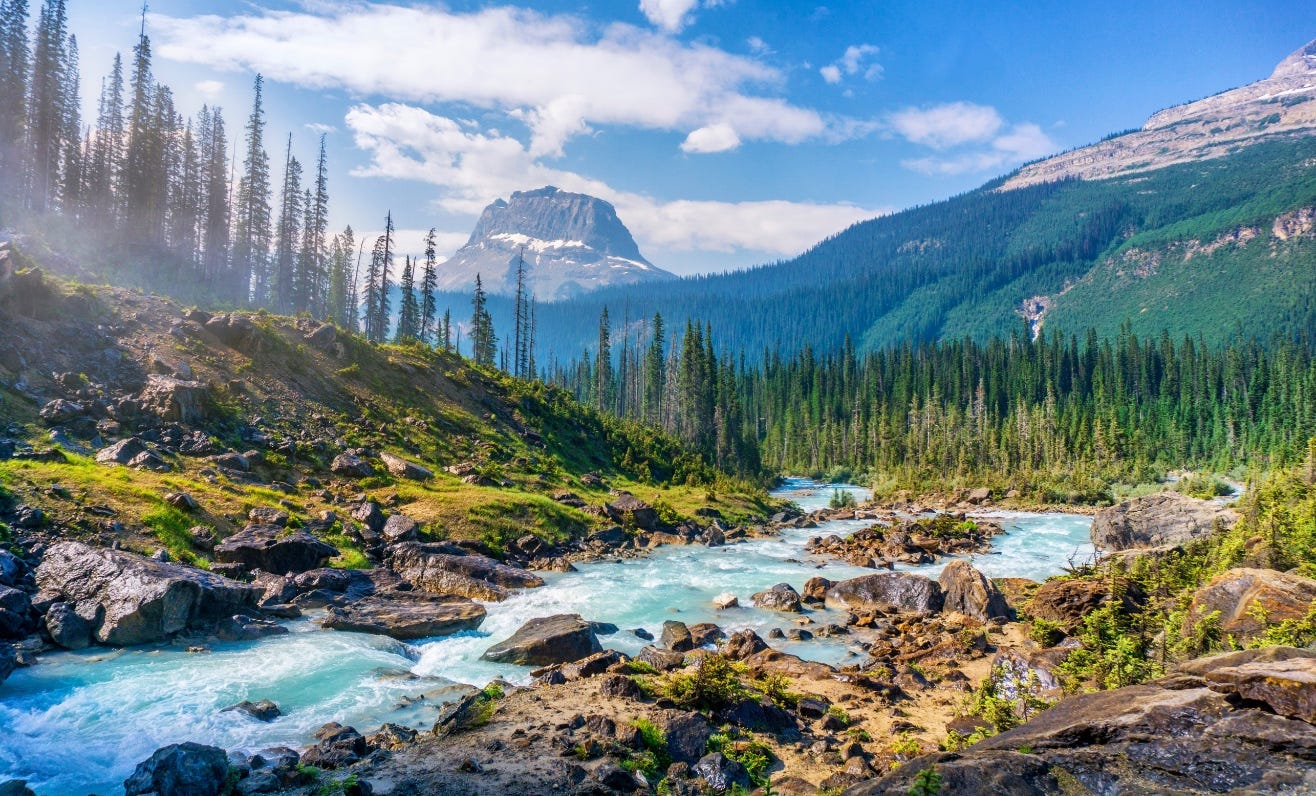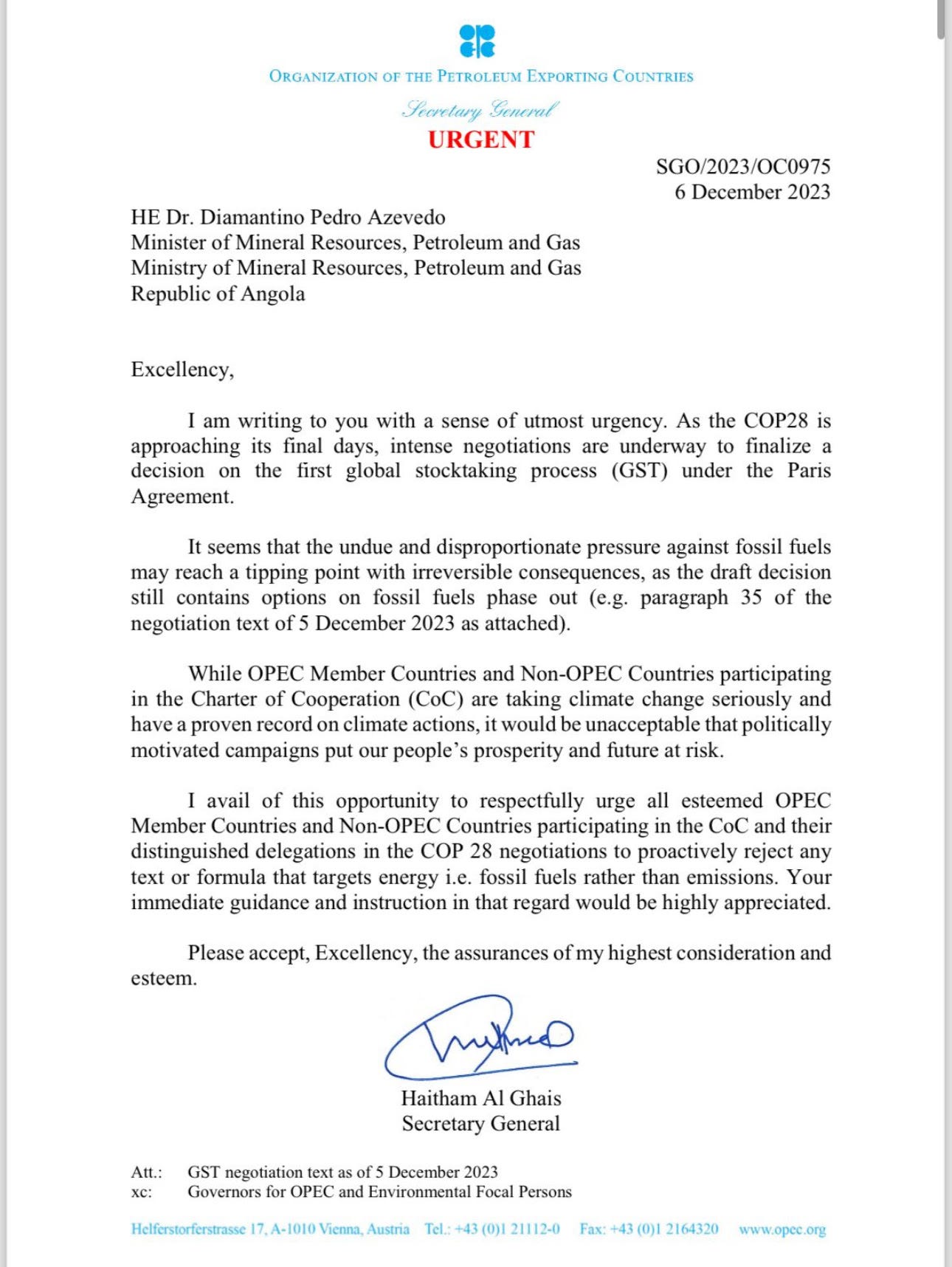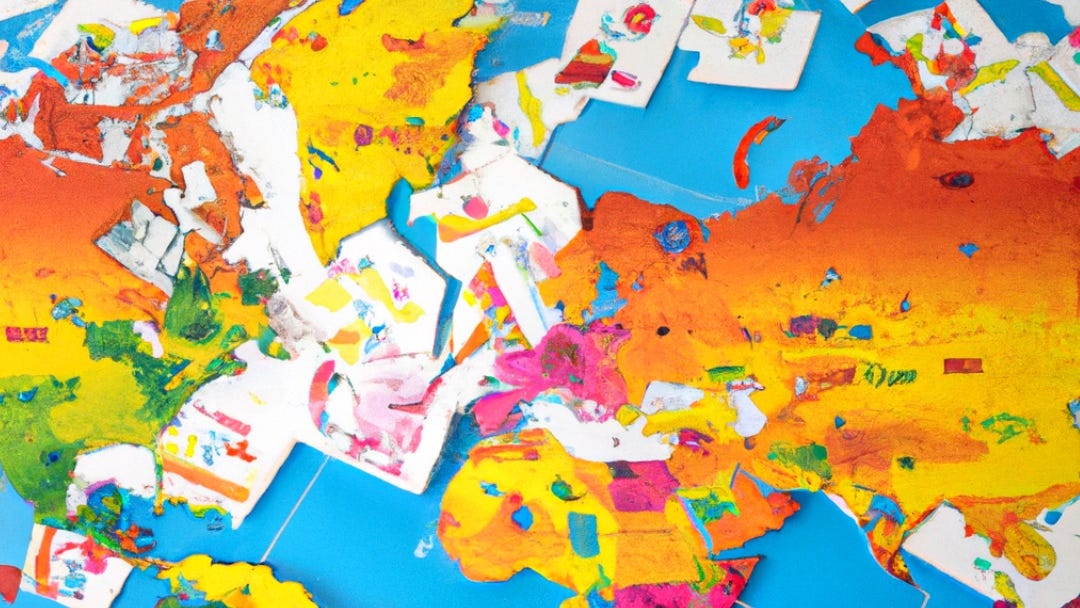
While more than 100 countries called to phase out fossil fuels, the delegations in Dubai received a watered-down text about reducing "consumption and production of fossil fuels, in a just, orderly and equitable manner."
Activists fear that potential objections from fossil fuel countries, such as Saudi Arabia, have watered down the text.
Our future at risk
This brings me to an update on yesterday's newsletter (if you missed it, you can read it here). I mentioned the letter the Secretary General of OPEC wrote to its members. Several press agencies and newspapers had referred to it and quoted the warning it contained that a decision to phase out fossil fuels would "put our people's prosperity and future at risk."
Today, We Don't Have Time published a copy of the entire letter, which I will copy here:
Yesterday, I wrote about physical and societal tipping points and my fears that the occurrence of both would mutually reinforce each other. After experiencing the impacts of a cascade of climate change-related extreme weather events, the desperation of voters may undermine the conditions for a stable, well-functioning society.
I might sharpen this a bit by stating that even the fear among large groups in society for transitioning into a more sustainable lifestyle may be enough to trigger support for authoritarian leaders who gain support by promising to return to an unspecified better past where life was characterized by freedom, and easier to navigate by its simplicity and uniformity.
It's, therefore, not surprising that denying the science that underpins climate change is part of these leaders' rhetoric. Climate change has all the characteristics populist leaders love to hate: it is complex, international, relatively new, involves science, is hard to explain to followers, and asks for innovative solutions and compromises.
This situation isn't helped by the political vistas presented by progressive politicians that are full of sacrifices needed: "You can no longer fly to your favorite holiday destinations, have to stop eating your favored steaks and hamburgers, and have to pay more tax on your petrol-fuelled car."
The glorified past of the right can be challenged by an even more beautiful future if presented as one you look forward to instead of one you fear. I can't wait to live in a future of clean air, better health, longevity, green forests, and diverse species in a more fair, equal, and peaceful society.

Tipping points
Reading the entire OPEC letter for the first time, I was pleasantly surprised to see that my worries about tipping points in yesterday's newsletter seem to have an unexpected counterpart on the opposite end of the spectrum of concerns about climate change. While I fear that climate measures may tip society into the hands of populist leaders, OPEC fears a tipping point where a phasing out of their beloved fossil fuels may become unavoidable.
Yesterday, I wrote only about negative tipping points. Today, OPEC opened my eyes to a positive societal tipping point.
The oil- and gas cartel rarely gives me hope, but their worries for a greener future may signify that better times await us.
However, today's released draft indicates that OPEC's fear of a positive tipping point tipped the balance into a negative outcome of the COP. History repeats itself, and if this gives us a preview of the outcome, we need to put our hopes at the next COP, which will likely be for the third time in a row in (and chaired by) a fossil fuel-producing country.
Angry reactions likely won't be able to get "phasing out" of fossil fuels back into the draft text, even though the Marshall Islands negotiator said, "We will not go silently to our watery graves."
I have learned in diplomacy that consensus is a bitter pill of agreement, where we all must swallow a taste less sweet than our individual desires.
It is telling -and leaves a bitter taste- that the words oil and natural gas don't appear in the 21-page text. Imagine reading a 21-page text on road safety without mentioning the word car, or a text on halting deforestation without citing the word world tree.
Li Shuo, the Director of the Asia Society Policy Institute, regretted that the word phase-out had been phased out. He added that we need to "phase in the word phase-out."
There is still hope, even if it is all we have left.
If you got this far, please read this too:
I write this newsletter because I believe that together we can do better on this beautiful but fragile planet.
If you are a paying subscriber: thank you for your support!
If you are not, please consider supporting this initiative by taking a paid subscription.
Notes:
https://www.msn.com/en-us/news/world/critics-pan-draft-text-at-un-climate-talks-as-watered-down-as-cop28-nears-its-finale-in-dubai/ar-AA1liVhe
https://app.wedonthavetime.org








Sad!😔
Sad, too, that a decision was made to allow a ME #FossilFuel country host and control this extremely important #COP28.
Even if there is just a tiny bit of hope, I'm in. Also, the Marshall Islands negotiator says it all with, "We will not go silently to our watery graves." Still fighting. Thank you for what you do so eloquently.